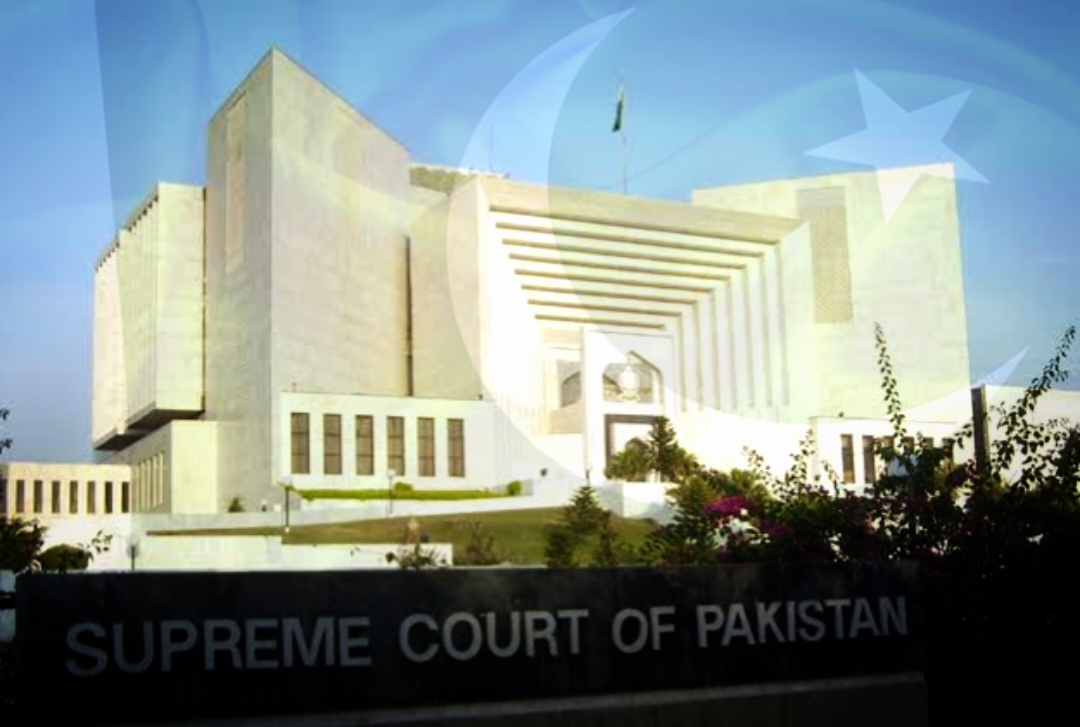The Pakistani judiciary has played a significant role in shaping the political landscape of the country since its inception in 1947. During the early years of Pakistan’s existence, the judiciary was primarily used as a tool by the ruling elite to suppress political opponents and maintain their grip on power.
Pakistan came into existence on August 14, 1947, as a result of the partition of British India. The country was created on the basis of the Two-Nation Theory, which proposed that Hindus and Muslims were two separate nations that could not coexist in a single state. However, the early years of Pakistan’s existence were marked by political turmoil and instability. The country was struggling to establish its identity, and political parties were jostling for power. The judiciary, which was supposed to be an impartial arbiter, became embroiled in the political fray, with judges taking sides and delivering verdicts that favored the ruling elite. One of the most common ways in which politicians and the military have influenced judges is through the appointment process. In Pakistan, judges are appointed by a judicial commission, this commission is supposed to select judges based on merit, but in practice, political and military influence often comes into play. Another way in which politicians and the military have influenced judges is through the use of discretionary powers. Judges in Pakistan have a wide range of discretionary powers, which they can use to interpret the law in different ways.
The creation of Pakistan marked a new era for the region and its people. However, the first ten years of the country’s existence were fraught with challenges and setbacks, and the role of the judiciary during this period was not always positive. One of the major challenges faced by Pakistan during its initial years was the question of its constitution. The Constituent Assembly was tasked with drafting a constitution for the country, but progress was slow and there was no clear consensus on what the constitution should contain. The judiciary’s role in this process was not always helpful. The Supreme Court of Pakistan, which had been established in 1949, was seen as a conservative and obstructionist force that hindered progress towards a constitution. The court repeatedly struck down laws and ordinances passed by the government, arguing that they were unconstitutional. This led to a state of legal uncertainty and confusion, as the government found it difficult to pass laws without the threat of them being overturned by the court. Over the years, both politicians and the military have been accused of using their influence to obtain favourable judgements from the courts.
Another negative role played by the judiciary during this period was its failure to uphold the rule of law. The government of Pakistan was plagued by corruption and nepotism, and the judiciary did little to curb these practices. Instead, the courts were seen as being co-opted by the ruling elite, and were often used to punish political opponents and dissenters. This was particularly evident in the case of the so-called “Rawalpindi Conspiracy Case” in 1951, in which a group of army officers were accused of plotting a coup against the government. The trial was widely seen as being politically motivated, and the accused were denied a fair trial. The judiciary’s failure to ensure due process in this case undermined its credibility and eroded public trust in the justice system.
The judiciary’s role in relation to human rights was also problematic during this period. Pakistan’s first decade was marked by political instability and violence, and human rights abuses were common. However, the judiciary did little to protect the rights of citizens. For example, in the aftermath of the 1953 riots, which resulted in the deaths of hundreds of people, the judiciary failed to hold those responsible to account. Similarly, the courts did not intervene to protect the rights of Bengali-speaking citizens in East Pakistan, who were subjected to discrimination and marginalization.
The judiciary’s attitude towards the military was another source of concern during this period. The military played a significant role in the early years of Pakistan’s existence, and its influence over the government was significant. However, the judiciary was often seen as being deferential to the military, and unwilling to challenge its authority. This was evident in the case of the so-called “Dosso Case” in 1958, in which the Supreme Court upheld the military coup led by General Ayub Khan, arguing that it was necessary to save the country from chaos and anarchy. This decision undermined the principle of civilian supremacy and set a dangerous precedent for future military interventions in Pakistani politics.
There is no doubt that power elite intentionally kept judiciary a weak institution and judiciary’s power was limited in the early years of Pakistan’s history, and it was not until the 1970s that the judiciary began to assert its authority. In 1973, Pakistan adopted a new Constitution that supposed to strengthened the judiciary’s powers and made it an independent institution.
(continue…)
